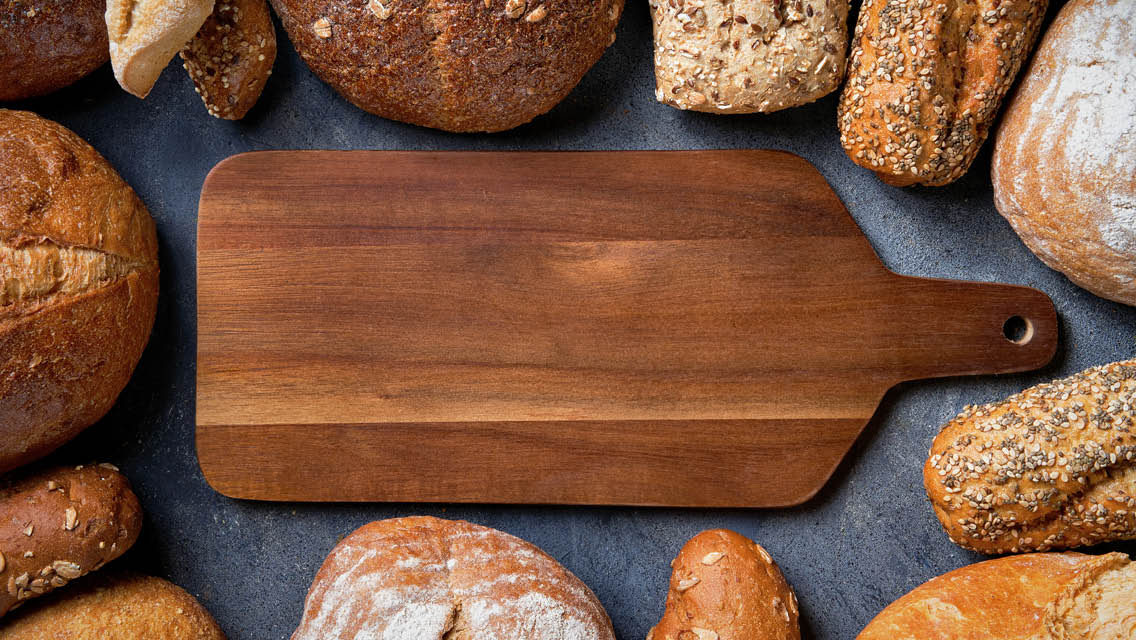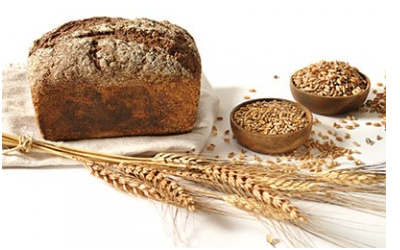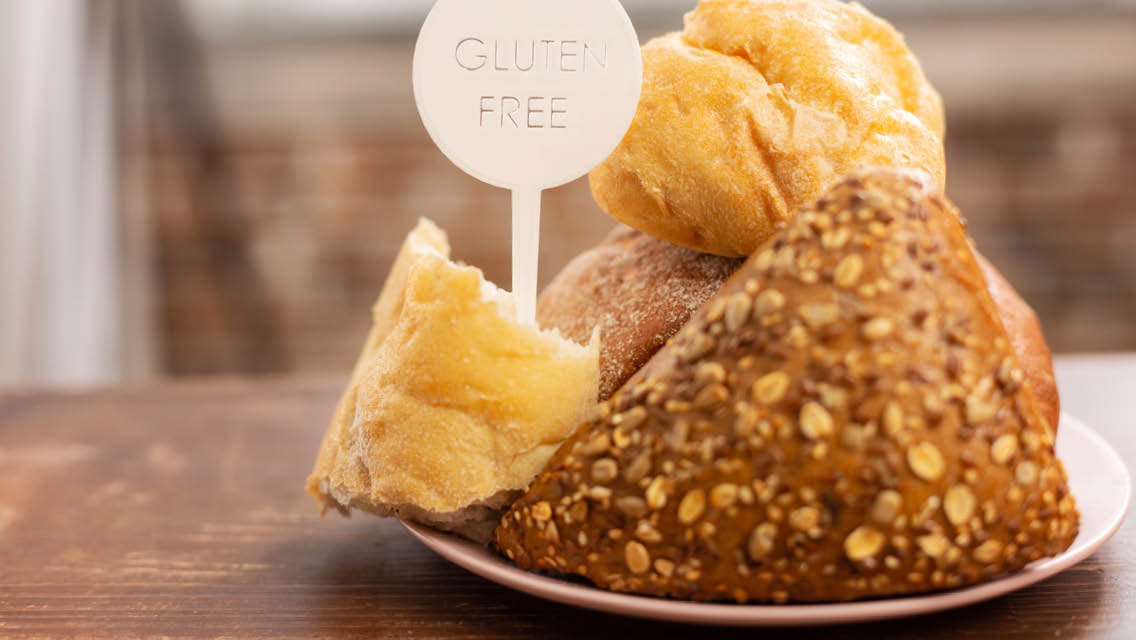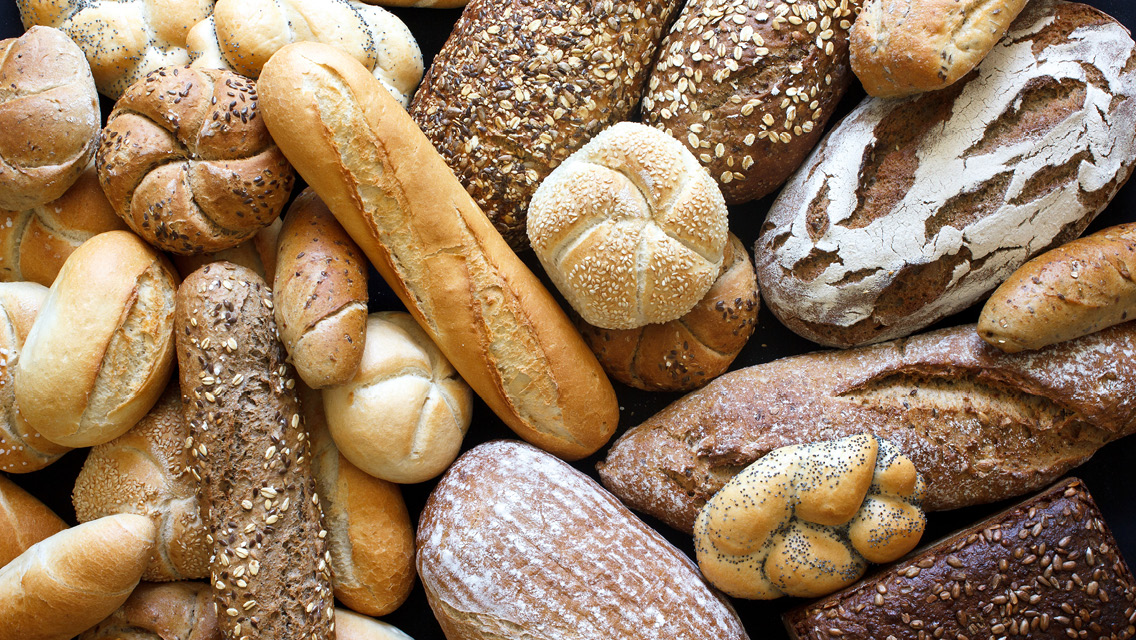1) Read Labels.
Ingredients are listed by volume: largest amounts to smallest. Look for breads that list 100 percent whole-grain or sprouted flours first — these breads contain more fiber than those with enriched or refined flours, which lose nutrients during the milling process. Avoid breads with added sugars or vegetable oils, like soybean or canola, which are often high in inflammatory omega-6 fats.
2) Go Back in Time.
Breads made with “ancient grains” or “heritage wheat” contain unhybridized, unrefined grains. Ancient grains include millet, barley, teff, quinoa, and rice, as well as the grandparents of modern wheat: emmer, einkorn, Kamut, and spelt. Heritage wheats are newer, bred from ancient wheats but predating modern hybridized wheat.
Breads using ancient grains or heritage wheat contain more protein, fiber, and other vital nutrients than your standard loaf, and they may even be easier to digest.
3) Seek Sprouted Grains.
Sprouted grains have been soaked and allowed to sprout, breaking down starches and deactivating their phytic acid — so the grain becomes more digestible and the nutrients are easier for your body to absorb.
4) Consider Sourdough.
When sourdough ferments, the wild yeasts and bacteria in the sourdough starter break down some of the sugars and proteins in the flour, leaving behind beneficial lactic acid, lowering the glycemic impact, and making nutrients more absorbable and the bread itself easier to digest. (Try making your own with this starter recipe.)
5) Go for Gluten-Free.
If you’re avoiding gluten altogether, look for products that are certified gluten-free (GF). Many GF breads and tortillas are made with ancient-grain flours, like rice or millet. You can also find grain-free options that use coconut or even cauliflower flour. The same rules apply: Avoid products made with refined versions of these flours or ones that contain added sugars.
This was excerpted from “Plant-Forward Sandwich Recipes” which was published in the September 2022 issue of Experience Life.





This Post Has 0 Comments